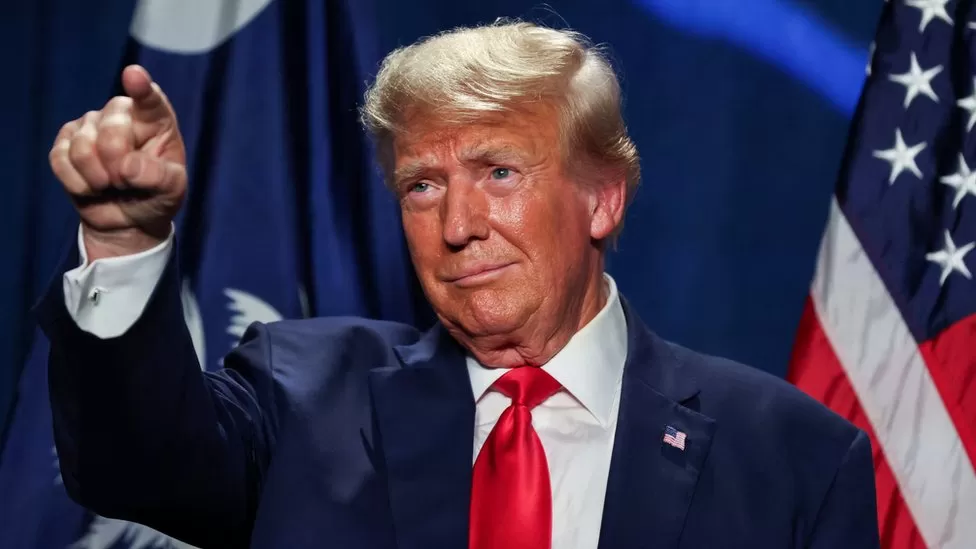Donald Trump, a former president, may run for president in 2024, but a new obstacle stands in his way.

Donald Trump, a former president, may not be eligible to run for president in 2024, according to legal professors William Baude and Michael Stokes Paulsen. This raises a fresh obstacle for Trump’s possible campaign. Trump’s attempts to annul the 2020 election, according to Baude and Paulsen of the Universities of Chicago and St. Thomas, may qualify as “insurrection,” disqualifying him from office under the 14th Amendment absent consent from two-thirds of the Senate and House of Representatives.
A declaration of insurrection casts doubt on Trump’s candidacy
According to Baude and Paulsen in their lengthy 126-page analysis, the 14th Amendment “disqualified former President Donald Trump, and potentially many others, because of their participation in the attempted overthrow of the 2020 presidential election.” This Amendment, which was approved soon after the Civil War, bans anybody who have taken an oath to support the Constitution in the past from holding office if they participate in “insurrection or rebellion.”
Trump’s divisive position and legal challenges
Despite having his charges repeatedly rejected by the courts, former President Trump, who contends that the 2020 election was rigged against him, is still a significant player in American politics. Although he is now in the lead for the Republican presidential nomination in 2024, his future candidacy may come under judicial review.
The next step is: Threat of legal conflict
Baude and Paulsen argue that if state officials disqualify Trump from the ballot, he may fight their decision in court, raising the possibility that Trump’s eligibility might wind up in the courts. Alternately, voters in other places could question his eligibility. They think that the case may quickly make it to the U.S. Supreme Court given the significance of the subject.
Astonishing effects of the 14th Amendment
The academics contend that Section Three of the 14th Amendment has important legal ramifications that are frequently disregarded. They contend that it is “self-executing,” which means that authorities at the state and federal levels have the power to independently enact its provisions.
